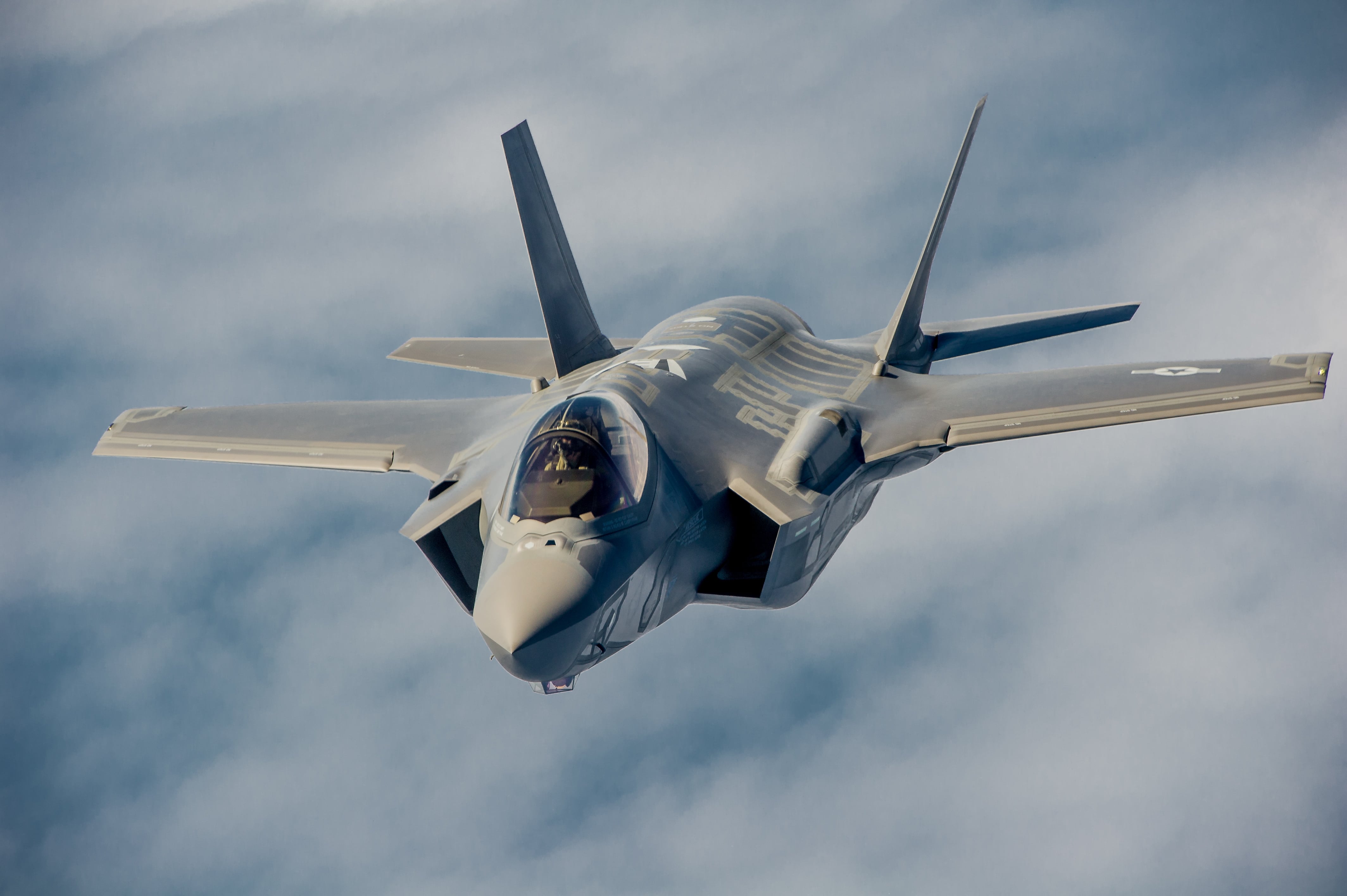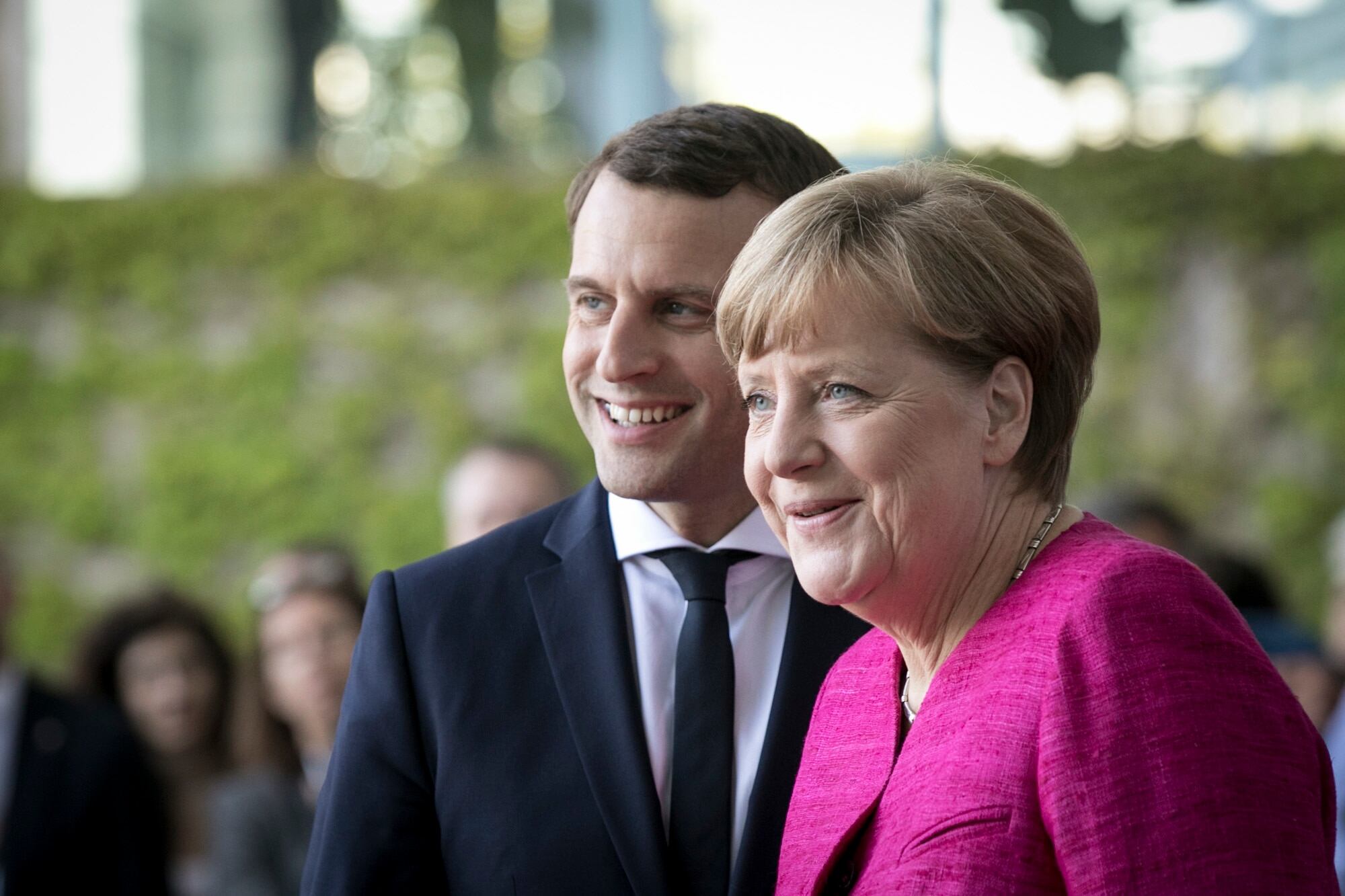COLOGNE, Germany ― German Defence Ministry leaders have distanced themselves from their Air Force chief, Lt. Gen. Karl Muellner, over his appetite for the F-35, as at least one lawmaker suspects intrigue seeping into the debate.
Deputy Defence Minister Ralf Brauksiepe clarified Monday that the government views the Eurofighter as the “primary” option for replacing the country’s fleet of Tornado jets in 2025. The U.S.-made F-15E, the F/A-18E/F and the F-35 are considered only as “secondary” choices, he wrote in a letter.
The missive, first reported by Reuters on Monday and independently obtained by Defense News, comes after Muellner said last month he prefers the stealthy F-35 because of its advertised capability to attack targets from so far away that pilots can stay out of the danger of combat.
A review of all aircraft options would be made in a “wholistic context,” Brauksiepe added, a likely nod to the expectation that political and cost considerations could end up trumping operational capabilities.
Brauksiepe’s response is consistent with previous statements by ministry officials, often made privately, who have cringed at Muellner’s outspoken support for the Lockheed Martin-made F-35. Exactly how much sway the Air Force will have in a final decision remains to be seen.
An air service spokesman declined to comment.
RELATED

Those here opposed to choosing the F-35 argue that the advent of that aircraft in Germany could endanger German-French plans for an entirely new plane, announced to much fanfare in July. Leaders from both countries consider that project an important part of the vision for greater military prowess of the European Union.
Brauksiepe’s letter states that the German government is “firmly determined to move forward” with the Berlin-Paris cooperation. “Initial activities have already begun.”
RELATED

Meanwhile, the Green Party’s Franziska Brantner, whose Dec. 4 inquiry prompted Brauksiepe’s written response, said in a statement to Defense News that the government should take a stronger position against the F-35 idea.
“The ministry apparently does not have its own top personnel under control,” she said. Instead of clearly rebuking Muellner for pressing ahead with plans in opposition to the German-French collaboration, she said, officials offered only a rebuttal that is “soft as wax.”
Brantner called it “scandalous” that copies of Brauksiepe’s letter, which she said ministry officials should have sent only to her office as the parliamentarian posing the question, were given to the press before she had a chance to review it.
The move, she contended, suggests that there are behind-the-scenes stakeholders involved who are eager to “create facts” in Germany’s armaments policy.
Defense officials are expected to request formal bids from vendors for a Tornado-replacement program next year. Given the effort’s envisioned scope, the price tag could lie in the billions of dollars.
Sebastian Sprenger is associate editor for Europe at Defense News, reporting on the state of the defense market in the region, and on U.S.-Europe cooperation and multi-national investments in defense and global security. Previously he served as managing editor for Defense News. He is based in Cologne, Germany.








